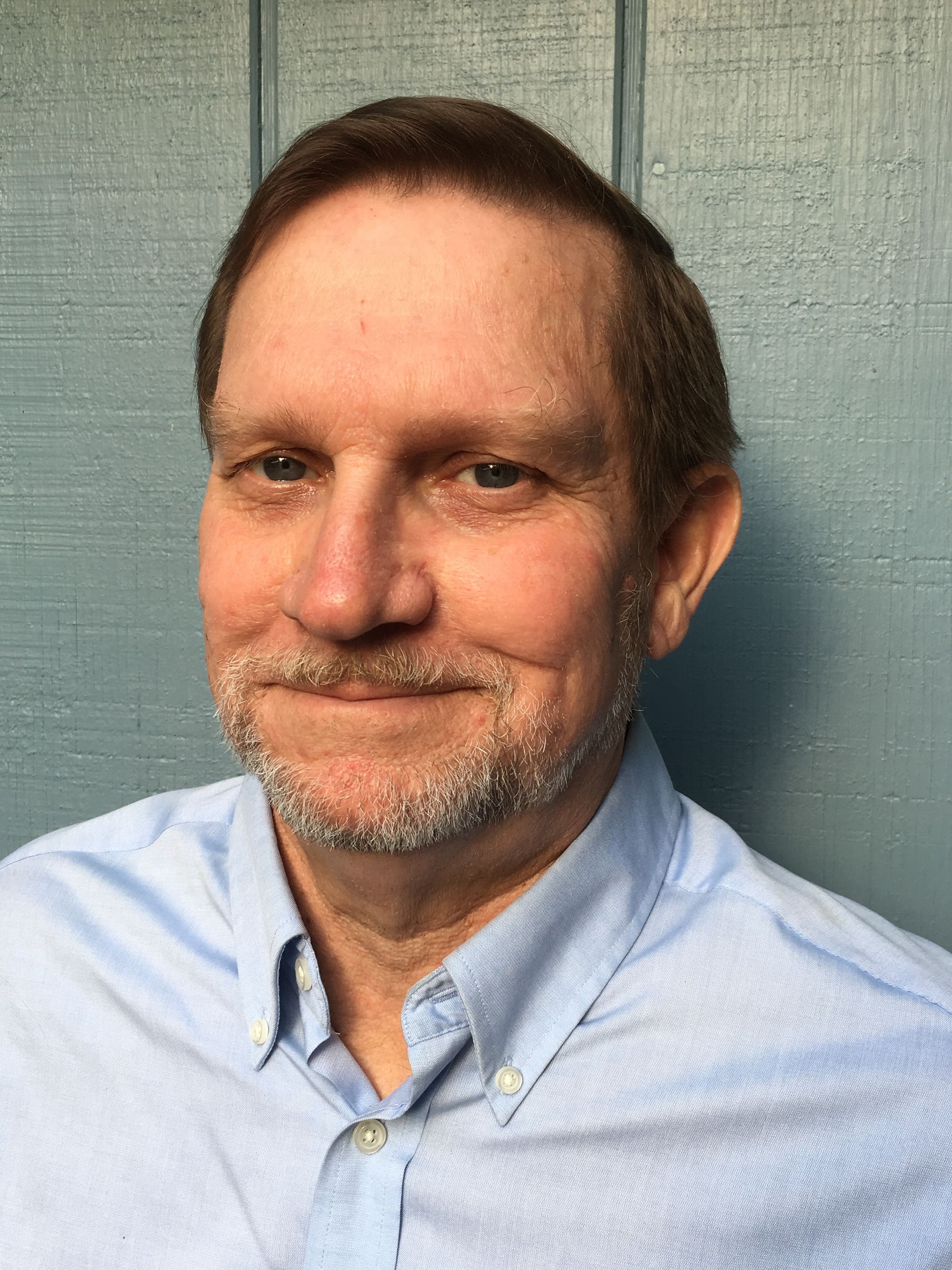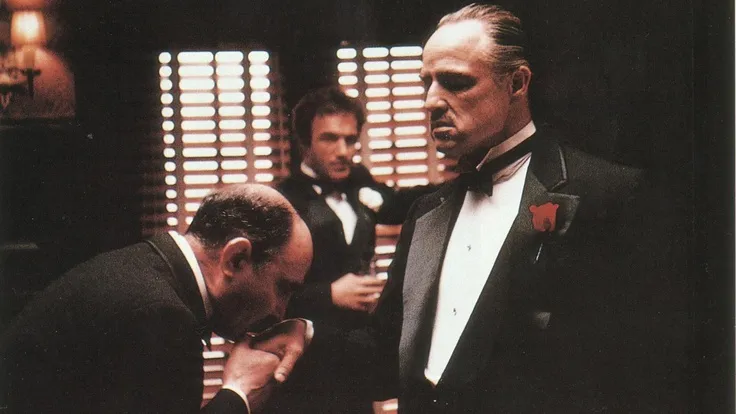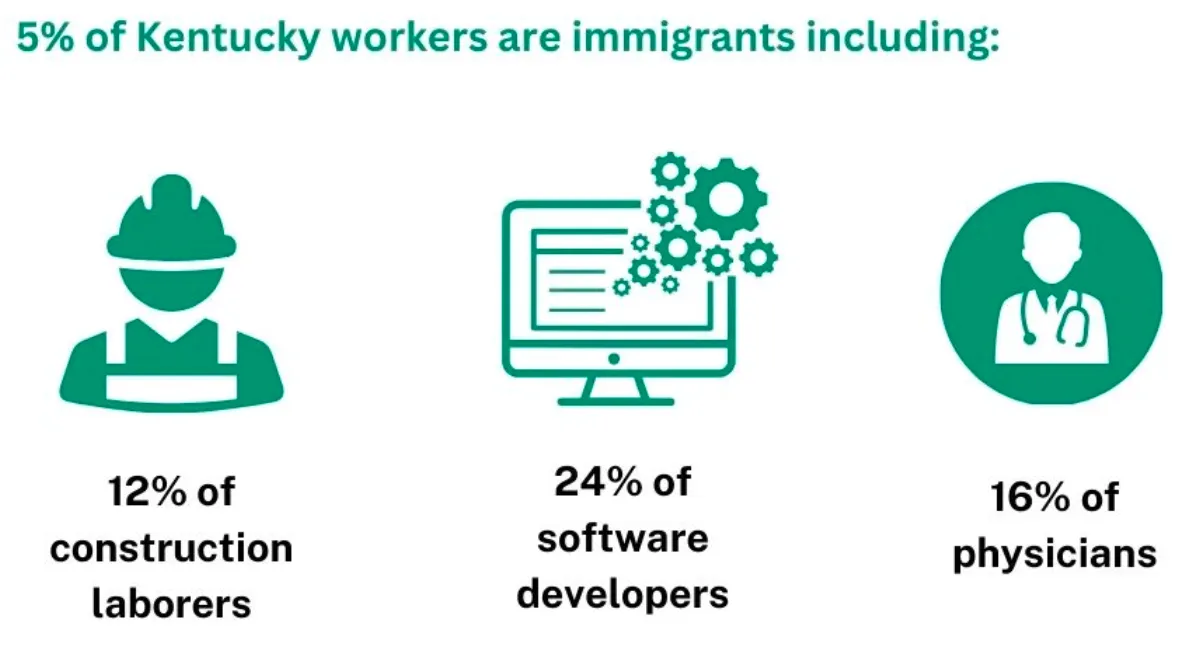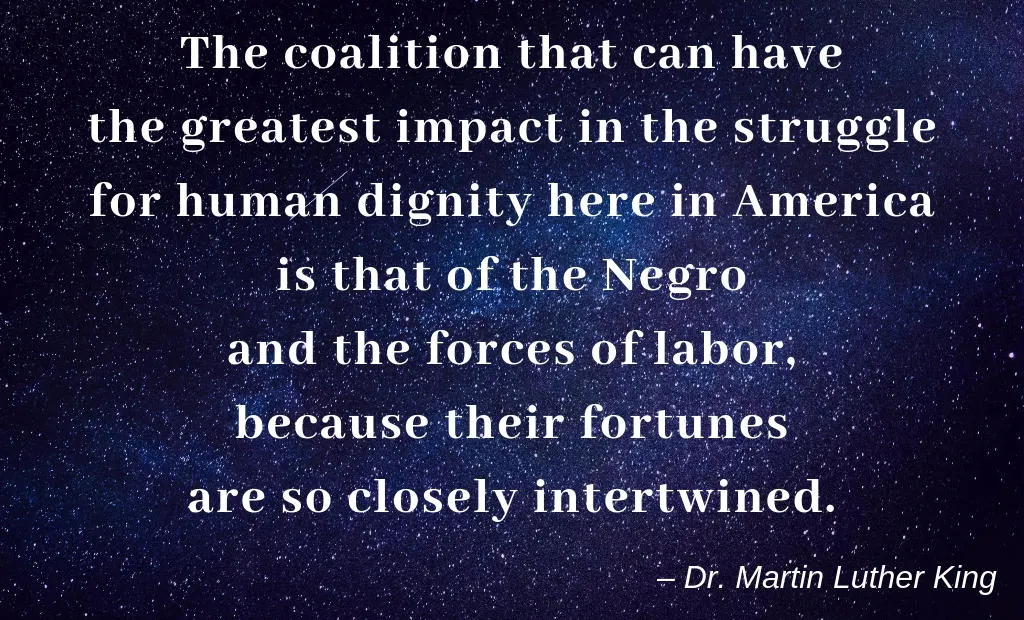Table of Contents
(This is a commentary written by Mark Heinz, another writer who covered the “Rough River Sessions” conference.)
My parents were old school. They believed politics and religion should never be discussed. To this day, I don’t know if they voted Democrat or Republican. Occasionally one of them commented on a candidate in a way that suggested they didn’t like them. But they never said forthrightly who they voted for or against.
My mom taught me the first thing I ever knew about politics. When I asked her what’s the difference between Republicans and Democrats, she said Republicans were for the rich and big corporations, and Democrats were for the poor and working class. And that made sense — up to a point.
Kentucky is ranked one of the poorest states in the nation. Until a couple decades ago, Democrats were well represented in our U.S., state, and county government offices. But then what happened?
Last weekend a group of legislators, activists, and concerned citizens gathered at Rough River Dam State Resort Park to craft a vision for the future of Kentucky.
Hank Linderman, one of the event organizers, is running for U.S. Representative in Kentucky’s 2nd District. Linderman, a Democrat, noted that the Democratic Party invests mainly in places they think they can win, and mostly ignore rural and small-town America. “The reality is that things could get worse for Democrats before they get better,” said Linderman.
“Neither party is doing a good job for the people,” Linderman insisted. “We need to stop vilifying the other party with broad brush strokes and look for ways that we can all move forward.”
Linderman introduced the keynote speaker, Thomas Frank. According to Wikipedia: “Thomas Carr Frank is an American political analyst, historian, and journalist. He cofounded and edited The Baffler magazine. Frank is the author of the books What’s the Matter with Kansas? (2004) and Listen, Liberal (2016), among others. From 2008 to 2010 he wrote “The Tilting Yard,” a column in The Wall Street Journal.
“A historian of culture and ideas, Frank analyzes trends in American electoral politics and propaganda, advertising, popular culture, mainstream journalism, and economics. His topics include the rhetoric and impact of culture wars in American political life and the relationship between politics and culture in the United States.”
Frank harkened back to the mid-‘60s and President Lyndon B. Johnson’s “Great Society” — a series of policy initiatives, legislation, and programs designed to reduce poverty and crime, abolish inequality, and improve the environment. It included funds for farmers to buy land and establish agricultural co-ops, Medicare and Medicaid, Project Head Start, the Housing and Urban Development Act, and the Water Quality Act.
According to Frank, it was a time when Americans believed that everyone could move forward together — that everyone who worked hard could have a home, a TV, and a car.
“Who took that American dream away from us?” asked Frank. “That is a great mystery and one of the inescapable questions of our time.”
Frank noted that the wealth gap has increased significantly since 1965. America’s three richest individuals — Bill Gates, Warren Buffett, and Jeff Bezos — collectively possess more wealth than the bottom 50% of the US population. (That equals 160 million people or 63 million American households.)
Frank recalled President Obama’s speech in 2013 that addressed the problem of the ever-widening wealth gap. Obama stated that the country’s wealth is increasingly going to the top, while tax cuts for the wealthiest have cut into investments that benefit the poor and middle class, claiming this has made it harder for poor children to escape poverty. “The basic bargain at the heart of our economy has frayed,” Obama said, noting that income inequality presents a “fundamental threat” to “our way of life.”
Republicans like President Reagan cut taxes for the rich and revised tax laws in ways that sent American jobs overseas. But Republicans are not entirely to blame for wealth inequality. Frank described Bill Clinton’s presidency as a “white collar Age of Aquarius.” According to Frank, Clinton favored the “learning class” over the “working class,” claiming that “what we earn depends on what we can learn.” This outlook ignored and abandoned large groups of everyday poor and working-class people.
Clinton betrayed the working class, especially unionized labor, when he passed the North American Free Trade Act (NAFTA) in 1993. He also repealed the Glass-Steagall Act, a major part of Franklin Roosevelt’s New Deal banking regulation, and deregulated the trading of derivatives, including credit default swaps. Clinton’s deregulation of the financial sector paved the way for myriad abuses and excesses that led to the 2007-2008 economic crash.
Additionally, Clinton passed welfare reform that plunged millions of poor Americans into deep, dark poverty, and he signed the now infamous Violent Crime Control and Law Enforcement Act of 1994, commonly called “the crime bill,” that led to mass incarceration, especially among poor and working-class Blacks and Hispanics.
President Barack Obama continued to bolster the so-called “learning left.” Frank pointed to the Emergency Economic Stabilization Act of 2008, often called the “bank bailout of 2008,” as one example of “the endless second chances” given to Wall Street and Silicon Valley, even while working-class Americans are expected to fail or succeed on their own.
“Our two-party system has degraded into a hate-filled culture war,” said Frank. “We need to change the way we think about who we are and how we got to this awful place. Both sides see each other as elites. Both sides are riding on a carousel of outrage.”
Frank stated that Democrats and Republicans want the same things — shared prosperity, affordable housing and healthcare, a comfortable retirement. But instead of working toward these common goals, we are constantly distracted by culture war issues such as abortion, guns, critical race theory, transgender rights, etc.
I agree wholeheartedly that these are not kitchen table issues — everyday issues that ordinary people are naturally concerned about. Rather, these are wedge issues — divisive political issues specifically designed and manufactured by cunning pollsters and politicians to attract or alienate or attack the opposition. These wedge issues create problems and divisions where they did not and need not exist. (But sadly, they help Republicans win elections.)
Kentucky Rep. Joni Jenkins (D, Dist. 44) serves as Minority Floor Leader. Jenkins stressed the need to get young people involved in government. She envisions a Kentucky where everyone has the opportunity to thrive. Jenkins supports the notion of forming strong local Democratic parties, claiming that the “cookie cutter politics” from Washington and Frankfort don’t work at the local level. “Locals need to start driving the train,” she said.
Our two adult children, ages 29 and 30, vote and stay abreast of the issues. They know that half of America lives paycheck to paycheck, half a million Americans are homeless, millions are worried about evictions, and 92 million are uninsured or underinsured. They know that the younger generation now faces the very real possibility that their standard of living will be lower than that of their parents — while the top 1% becomes grotesquely wealthy.
It’s hard to envision a new and different type of government — not necessarily Democratic or Republican, but one in which both parties work together for the common good.
It’s hard to imagine, but that’s the only way forward.
--30--
Written by Mark Heinz. Cross-posted from the Grayson County News.








